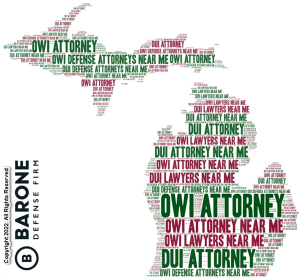Search
Bad Breath Can Cause Inaccurate Alcohol Breath Test
The science shows that the way you blow into an alcohol breath test instrument can significantly impact the test results. Thus, the difference between innocent and guilty can be a simple as bad breath.
 Breathing patterns can significantly affect the accuracy of alcohol breath test results when using infrared breath test instruments. These instruments, including the Intoxilyzer 9000, are commonly used to estimate blood alcohol concentration (BAC) based on the alcohol content in a person’s breath.
Breathing patterns can significantly affect the accuracy of alcohol breath test results when using infrared breath test instruments. These instruments, including the Intoxilyzer 9000, are commonly used to estimate blood alcohol concentration (BAC) based on the alcohol content in a person’s breath.
However, several factors, including breathing patterns, can introduce inaccuracies into the readings, leading to potential misinterpretations of a person’s intoxication level
 Michigan Criminal Defense Lawyer Blog
Michigan Criminal Defense Lawyer Blog


